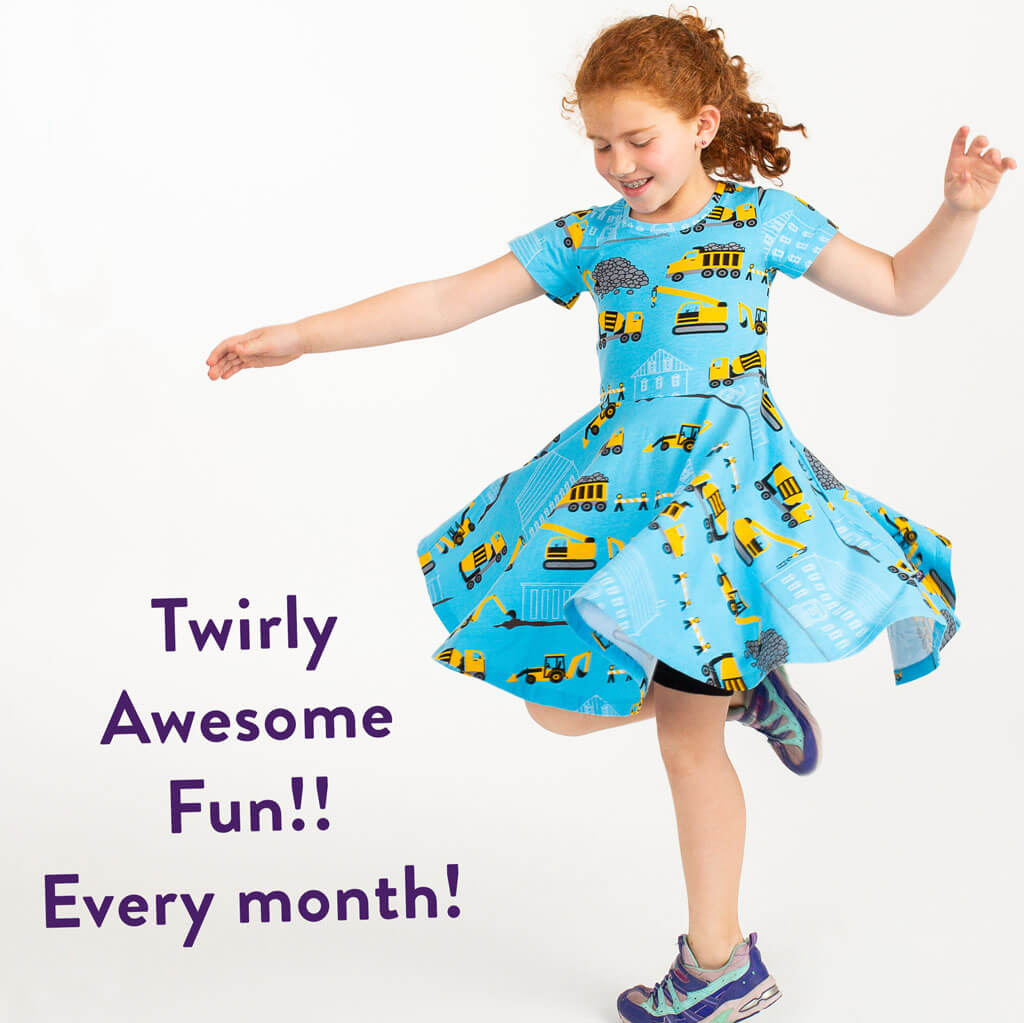FLASH SALE: Adult "Smarty Paints" Dresses are $40!
FLASH SALE: Adult "Smarty Paints" Dresses are $40!
Shop Now
New
Sale
Stop Telling Kids They Can Be Anything
October 29, 2016 2 min read 4 Comments

Have you ever stood in front of the rows of makeup at Ulta, gift card in hand, happily telling yourself you can buy anything you want, only to walk away half an hour later having not bought anything? I can’t even count how many times this has happened to me. I was a victim of the Paradox of Choice. When presented with a huge range of options, sometimes human beings get completely overwhelmed and, out of fear of making a wrong decision, choose nothing instead.

Telling our kids “You can be anything” places them smack in the middle of the Paradox of Choice. Faced with the limitless opportunity to become anything, they can become fearful of making decisions that will close doors forever. “You can be anything” is not empowering; it’s paralyzing.
“You can choose your path.” We can remove the Paradox of Choice tension if we just reframe the nature of decision making. How is this phrase more empowering? For these reasons:
1. It is realistic.
“You can be anything” has a quixotic quality that fails to acknowledge personal limits. In fact, the individual cannot actually be anything - a knight errant is no longer a profession, just as it wasn’t in Don Quixote’s day. “You can choose your path” recognizes that there are choices available, but not boundless possibility.

2. It takes away the permanence factor.
“You can be anything” makes a child feel as if the thing they choose is the only thing they get, and they can’t change once the choice is made. “You can choose your path” frames life as a series of choices, with opportunities to correct mistakes or change course completely.

3. It separates identity from profession.
"You can be anything” emphasizes a single state of being - it assumes that whatever we’ve become is what we are - who we are. That kind of thinking fuses identity to profession. What happens to that person if they can’t do the work they were trained to do anymore, or if they want to do something else? Their entire identity can be thrown into crisis. When we emphasize instead that life is a series of events and we can choose to participate in different work throughout our lives, we confirm our unique identities outside of the profession we’ve chosen at this particular moment.

4. It recognizes that we are never only one thing at a time.
“You can choose your path” opens us up to the possibility of being many things throughout our lives, and even many things at once.

“You can choose your path.” Apt. Realistic. Empowering.
4 Responses
Emily Lacroix
November 15, 2017
This prespective is part of what I loved so much about Zootopia. Try lots of paths. You can’t be an elephant when you are a fox. But you can be a great bunny cop. Or stop being a bully. Not everyone is good at everything, but everyone is good at several things. No one can know until they try.
Cris
October 22, 2017
Oh my gosh, yes! I’m 61 and am empowered by this perspective. Thank you.
Beth Abroms
November 01, 2016
Thank you for this outlook! I,too, at age 48 am feeling empowered after reading your article. My parents were big “you can do anything” people. Their intentions were pure and well meaning and if I showed them this article they probably would feel horrible lol! But I now see how that simple phrase was sooooo overwhelming. I like “you can choose your path” and you’re right about the better implications that phrase brings to the table. Thank you for the deeper understanding.
Leave a comment
Comments will be approved before showing up.
Subscribe
Sign up to get the latest on sales, new releases and more …









Flootie
November 30, 2017
I’m a fan of asking kids what problem they would like to solve when they grow up. So many different ways to solve our problems, room for every interest, skill, and talent. Plus, it gets kids thinking in term of giving back, and having the power to make things better.